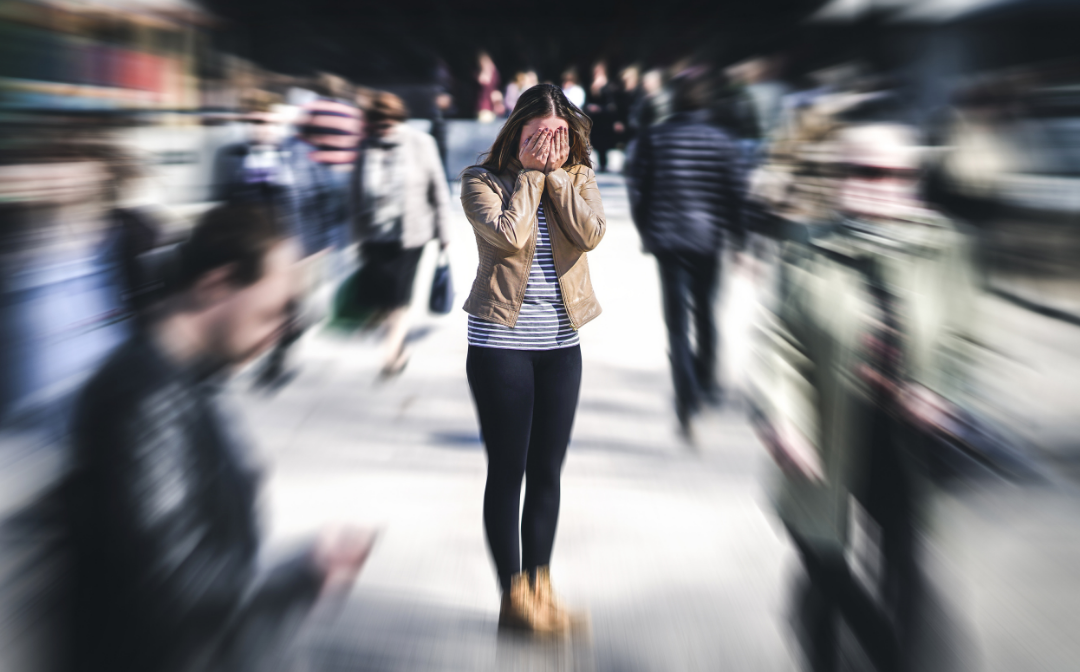Meeting new people and making friends is often challenging for people living in a big city like San Francisco or New York. And the stay-at-home orders and social distancing guidelines of 2020 and early 2021 didn’t make it any easier. Fortunately, life is starting to get back to normal. Now, you might be wondering how to meet new people in a big city. While it may seem like a daunting task, meeting new people simply comes down to knowing where to look.
How to Meet New People and Make Friends
If you’re ready to meet new people and create lasting friendships, read on. There are many ways people can connect. However, it’s important to note that making new friends might require you to leave your comfort zone, try new things, and be willing to make the first move. If you’re ready to do that, try one of these seven ways to meet new people in a big city.
1. Get Involved in Your Local Community
Even though you live in a big city, there are ways to get involved in your local community. One way is to find a nearby organization where you can volunteer. This is a great way to meet new people while making a difference.
Another way to meet new people in your local community is to find a cultural or religious group. This may be a local church or community organization where you can find like-minded people and new friends.
2. Join a Sports Team or Activity Group
If you like to play sports or have an active hobby like cycling or hiking, research teams or groups in your area. Is there an amateur adult soccer league you can join? Maybe a cycling group meets once a week for a group ride. Do some research and find out what it takes to join. This is a great way to do something you already enjoy while meeting others who enjoy the same thing.
3. Go to the Gym
The gym is a great place to meet new people in a big city. But it might feel daunting trying to strike up a conversation in the middle of someone’s workout. If that feels a bit intimidating to you, try an exercise or yoga class. These types of classes are not only a great place to get active, but you’ll likely see the same people there each week. Plus, with time before and after the class to socialize, you won’t have to interrupt their workout to connect. Use the one thing you already have in common (the class) to strike up a conversation. With group-centered classes, CrossFit and rock climbing gyms are also a great place to find community in a big city.
4. Join a Sports Team Fan Club
Big cities typically have big sports teams, which typically have even bigger sports team fan clubs. Do you love cheering for the San Francisco Giants? Are you looking for friends to get rowdy with at the stadium? Joining a fan club is a great way to meet people online who you can then meet in real life. Go to games together or find a local bar to cheer on your favorite team. Visit your favorite team’s official website to join fan clubs and meet new people in a big city.
5. Take Your Dog to the Park
A puppy is a great ice breaker when it comes to meeting new people. Take your dog to the park and next thing you know, you’ll have people coming up to you to pet your dog. Who knows, maybe one of them could be your new best friend. And if not, maybe you can at least find someone else with a dog and schedule dog park playdates.
6. Shop Local
Shopping locally is a great way to meet new people in a big city and support your local community at the same time. Small, local business owners are eager to meet new people and make connections. If you’re new to a city, instead of going to the big mall and chain restaurants, spend time shopping in local boutiques and trying family-owned restaurants. Strike up a conversation with the hard-working people who own the shops and you might just find a new friend.
7. Use Technology to Your Advantage
While you probably want to make friends in real life, not just via the internet, that doesn’t mean you can’t start your search online. Here are three ways to use technology to your advantage when it comes to meeting new people in a big city.
Use Facebook Groups to find people in your area with similar interests. Use the search bar and select “groups” to narrow your results and find people who like the same things as you. Be sure to include your city in the search to find local groups you can meet in person.
Try Meetup and join a group or attend an event with others. If you have an interest and can’t find a group, you can create one yourself. This is a great way to meet new people who like the same things as you.
Use Bumble and try “dating” for friends. Yes, Bumble is a dating app. But Bumble BFF is their unique feature that helps you match with new friends in your area. Similar to a dating app, you swipe right on someone you’re interested in being friends with and can strike up a conversation if the feeling is mutual.
Tips for How to Meet People in a Big City
Here’s the truth: even if you join an exercise class, shop at a local store, or match with someone on Bumble BFF, you still have to put in the effort to build community and connections that last. Here are three tips to help you do that.
1. Remember You Aren’t Alone
Making friends is hard. Making friends as an adult is even harder. You aren’t alone. Remember that if you start to feel self-conscious or nervous. The other person is probably feeling the same way, but someone has to be bold and make the first move. Let that person be you.
2. Remember Not Everyone is Your New Best Friend
You will meet a lot of new people in your life. Some stay for a long time and others come and go. That’s ok. Not everyone you meet will be a good friend for you, so be open and willing to let relationships develop naturally. If you don’t click with someone or the chemistry is off, don’t be afraid to move on.
3. Remember Meeting New People Takes Time
While you might meet an awesome person the first time you take your dog to the park, you also might not. That’s ok. Meeting new people in a big city takes time. Don’t give up. Keep attending classes, joining groups, and making first moves. Your people are out there.
For more information on how to establish healthy, lasting connections in your life, click here.










